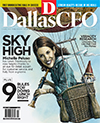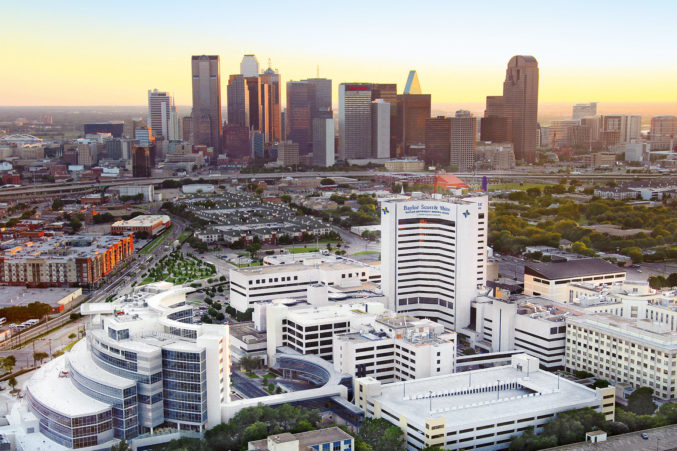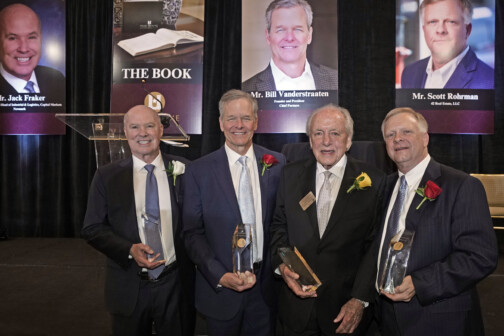 |
| illustration by Douglas Jones |
If there is a word that characterizes the economy of Dallas it is resiliency. From cotton and oil to finance and real estate to telecommunications and nanotechnology—the innovative and entrepreneurial spirit of this region keeps rolling along, booms and busts notwithstanding.
Our future economy will be fueled by the growth of companies and industries that are in their infancy or that have not even been invented yet. How well our region works the cycle from basic research to commercialization will determine our role as either a dynamic center for growth or a Sunbelt city that stayed out in the sun too long.
There are plenty of reasons for optimism:
›› In the few years since the dot-com bust left many people looking for work, entrepreneurs, engineers, and scientists have been building business plans, arranging financing, and assembling the teams for their next ventures. Some will do OK, some will fail, and some will be absolute home runs. It is harvest time again.
›› Many bemoan the fact that we do not have a flagship university in the Dallas area, but the reality is that our research universities are getting their act together. UT Southwestern, UT Dallas, and UT Arlington are cooperating as never before. As a result, our area universities are recruiting better students and faculty, attracting more government research funding, and building research facilities as never before.
›› The culture inside higher education institutions is changing. Unlike universities on the coasts, top researchers in Texas are not encouraged or rewarded for pursuing their innovations through to commercialization. Thanks to adjustments in intellectual property policy and changes in institutional priorities, we will likely have many more “faculty entrepreneurs” in the future than we have today. This should spawn highly successful companies whose founders and employees support the universities in strategic and philanthropic ways.
›› Business organizations are also getting their act together. Over the past two years, the chambers of commerce from Arlington, Dallas, Fort Worth, and Richardson, as well as the North Texas Commission and the Dallas Citizens Council, provided important leadership in creating the North Texas Regional Center for Innovation and Commercialization (NTXRCIC). This entity scours the region for promising start-up companies and helps them secure funding from private investors and from the state Emerging Technology Fund.
›› Venture capitalists are waking up to the hidden opportunities in our universities and entrepreneurial communities. We have always had venture capital in Dallas, but the sad joke often told is that they are here only because it’s convenient for travel to both coasts. Business incubators attached to universities, the creation of new venture funds, and the quality of many of the investors working in our region are helping to change that.
›› The most promising areas of future innovation and commercialization build on our existing strengths. For example, Dallas has always been strong in medical research and in electronics. With the aging of the U.S. population and the explosion in demand for health care in the developing world, the medical device and medical imaging sectors will be areas of rapid innovation and growth. Whereas these two “communities” rarely interacted with each other locally in the past, today they are jointly contemplating their collective assets and how they can be used to drive wealth creation for our region.
The biggest risk to our success is whether Dallas can stuff the pipeline with enough talent to create new industries and work in the companies of the future. In particular the global innovation economy must motivate and be accessible to those who historically have been shut out from the cutting edge of innovation and entrepreneurship: women and ethnic minorities. Public education reform such as Dallas Achieves, the UNT Dallas campus in the southern sector, the leadership from the SMU School of Engineering in engineering education and women in engineering, and a continued focus on minority and women business development are essential to achieving Dallas’ aspirations in the global economy.
Phil Ritter is a senior vice president for Texas Instruments. In addition to overseeing TI’s public affairs, Ritter is a trustee of the TI Foundation and serves as chairman of the company’s Constructive Citizenship Program. He is also on the board of the World Affairs Council of Dallas.





